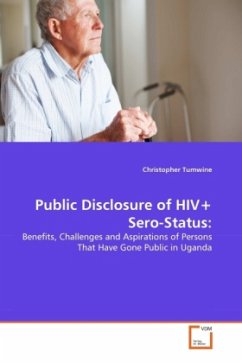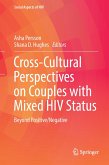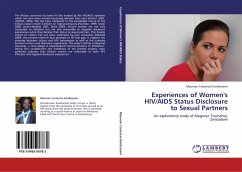Although disclosure of the HIV+ status can happen at four different levels to a partner, family, friends and to the public, previous investigations have concentrated on benefits and challenges from the first three levels (to a partner, family, friends) at which disclosure can happen. Using lenses that are provided by the social control and social constructionist theories, this book presents the benefits, challenges and aspirations of persons that have gone public in Uganda. The benefits to the individual disclosing and the communities they disclose to, are presented. The challenges to the individual disclosing and the collectivities they come from, are also presented. The aspirations of the persons that disclose to the public are presented. The results should help to shed some light on the role of HIV status disclosure in the greater involvement of HIV positive people in HIV prevention efforts, and should be especially useful to professionals public health and medical sociology fields, or any one else who might be interested in activating people living with HIV as HIV prevention change agents in their communities.
Bitte wählen Sie Ihr Anliegen aus.
Rechnungen
Retourenschein anfordern
Bestellstatus
Storno








